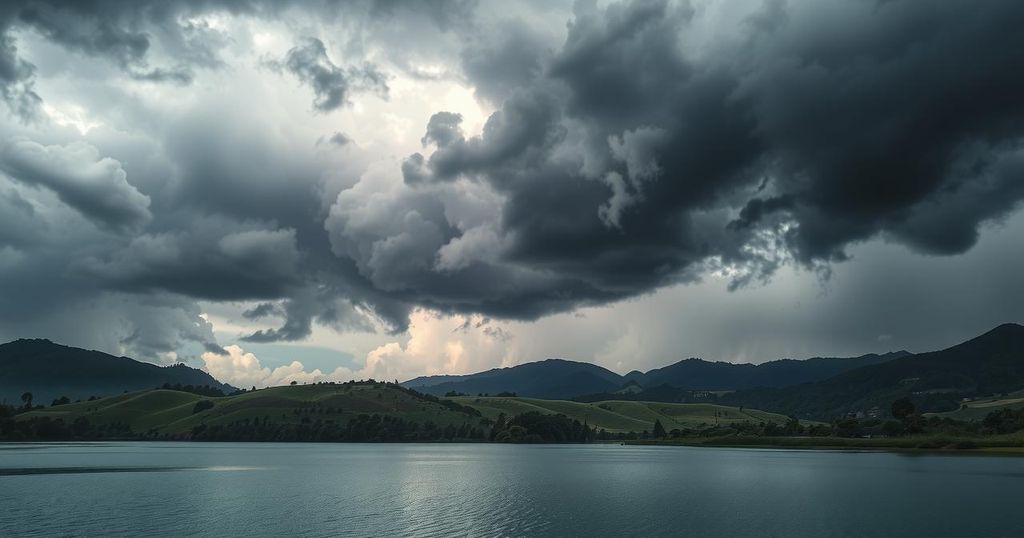Burundi has expelled WHO experts, dismissing the Covid-19 threat as the country prepares for elections. Tensions rise with restrictions against election observers and a perceived downplaying of the virus. Since 2015, repression has increased as dissent is silenced and international scrutiny is avoided, complicating the electoral landscape and raising human rights concerns.
Burundi has recently expelled experts from the World Health Organization (WHO) amid the global Covid-19 crisis, disregarding the pandemic’s significant risks. The government labeled the WHO’s representative and three experts as persona non grata without explanation, signaling a refusal to address the rising health emergency.
As the May 20 elections draw near, tensions are escalating. Reports from humanitarian and medical sources highlight the government’s failure to effectively manage the virus, despite only 27 confirmed cases. Healthcare professionals allege that the actual crisis is being downplayed, and the real death toll is being concealed.
In an attempt to assert national independence, authorities have dismissed the virus threat through intimidation. They informed the East African Community of a mandatory 14-day quarantine for election observers traveling to Burundi. Such restrictions, while may be necessary for public health, hinder fair elections and open oversight of the electoral process.
Since the political turmoil in 2015, the Burundian government has relentlessly suppressed dissent, shutting down critical voices and international human rights mechanisms. Consequently, the UN’s human rights office was closed in 2019, and requests for inquiries into Burundi have been denied, adding to the exclusion of WHO officials from the country.
The Commission of Inquiry has expressed alarm over the surging political violence and arrests of opposition leaders during election campaigns. As a result of longstanding suppression, there are few remaining witnesses to report on the escalating crisis in Burundi, heightening concerns regarding the state of human rights and the integrity of the upcoming elections.
Burundi faces critical challenges as it approaches elections amidst a public health crisis. The government’s actions against WHO experts and restrictions on election observations raise significant concerns about transparency and accountability. Furthermore, the country’s track record of silencing dissent and neglecting human rights exacerbates the urgent need for international attention and intervention as political tensions rise.
Original Source: www.hrw.org






